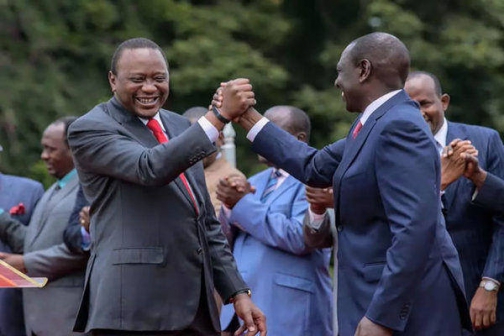
This Jubilee merger is about locking unwanted candidates from the Mt Kenya region and Kalenjin Rift Valley out of the General Election. It is not about uniting Kenyan tribes. Indeed, the profiles of the merging parties do not reflect any useful ethnic convergence. TNA is almost exclusively a Central Kenya outfit. So, too are GNU, JAP, DP and FPK. APK is also a Mt Kenya outfit as is the amorphous PNU. The only exceptions are the insignificant New Ford Kenya of Water Cabinet Secretary Eugene Wamalwa and Ford People with unclear ownership.